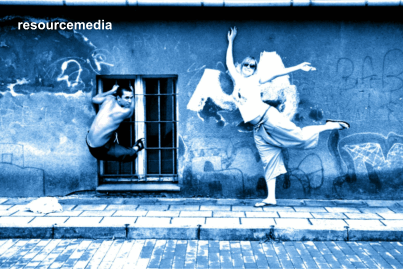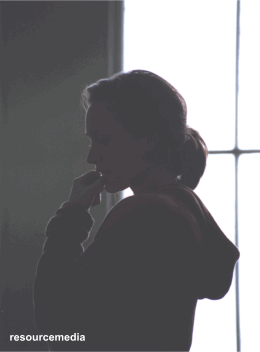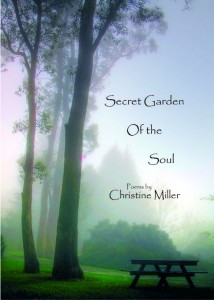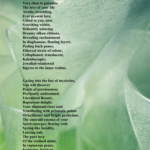How to be a calm, sane parent and
help your teenagers grow resilient
- Listen – very carefully. Difficult and scary as it may be, try to give your teens a place where they can express their thoughts and needs. Their world is different; be eager to understand and be curious about it and don’t condemn, judge or assume. If you want to make a comment, use their own words back to them – e.g. ‘So let me check I’m understanding you, what you’re saying is….’ (that’s why it’s listen very carefully…) They won’t argue with their own stuff…well, not too often anyway.
- Set firm but realistic boundaries – it’s better for everyone. It shows you care. Rules can be good news – it gives your teens a very valuable let-out when peer pressure is being applied. If they can assert with total confidence that something’s not allowed, it bolsters their strength to resist temptations to reckless behaviour.
- Give them space, respect, responsibility, and the benefit of the doubt. Then shut up. Really. Knowing when to bite your tongue is a key part of this. Once you’ve negotiated what’s acceptable, don’t be peering over their shoulders or prying. Trust their judgement. It’s like paying out a rope or casting a fishing line – do it bit by bit, and you can always renegotiate and reel in a little if your teen seems to demonstrate there’s too much slack.
- Accept there may be mistakes. Nobody’s perfect. If your mum (or dad) had known all you got up to as a teenager…would she/he have approved? Hmmm, thought not….So don’t blame, don’t make comparisons with friends or siblings, be supportive, let your teen know their unique value and that you do and always will love them. Even if it’s tough love – and especially if their behaviour is currently causing you concern or creating waves in the family. Make it a learning experience for both of you – try to see the gift in whatever’s happened, painful as it may seem in the moment.
- Know your place. Teens can tend to think they’ve discovered everything for the first time ever – and that as an adult and their parent you really know – nothing. Get over it. Give it a few years. Keep a wry smile handy in your repertoire. Remember the old quote from one of the ancient Greek Philosophers –
“When I was 18 my father was completely ignorant, but by the time I was 25,
it was amazing how much he’d learnt.”
Too True!
BONUS TIP 6:
Laugh. Find some common ground in humour, satire, irony – maybe through a TV programme or film. It may make you throw your hands up in horror, but ‘The Simpsons’ has some prize moments of sheer comic dis-functionality in which most of us can see a little something of ourselves, if we’re really honest. After all it’s been around for 20 years and now has its own stamp collection…..
But dads (and mums) be warned – telling bad ‘dad jokes‘ (and it seems that all dad jokes are bad jokes, even if they’re good…..) creates embarrassed looks, groans of ‘Ohhh Daaad’, rolling eyes and shrugged shoulders – you have to decide if you want to experience that. On the other hand, if you don’t do generic ‘dad jokes’, maybe your teen will miss out on being able to share horror stories with their mates…..And sharing the experience is part of growing up.
As parents, that’s what we’re there for – silent witness, loud supporter, soft shoulder or sharp wit – you’ll need all of that and more along the way. Is it worth it? Completely – it’s one of life’s richest treasures.
© Christine Miller






